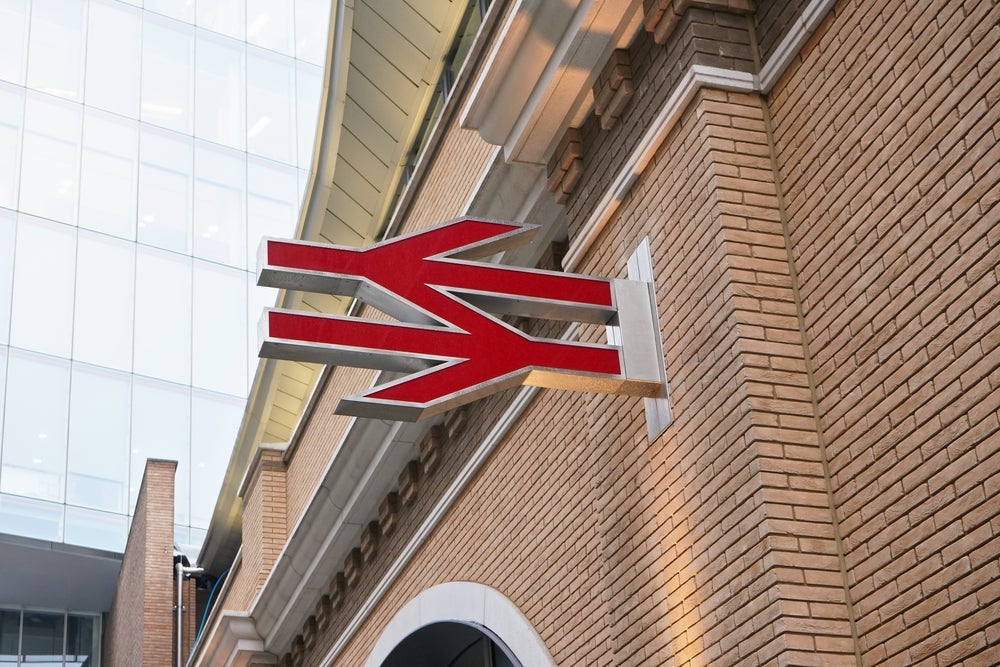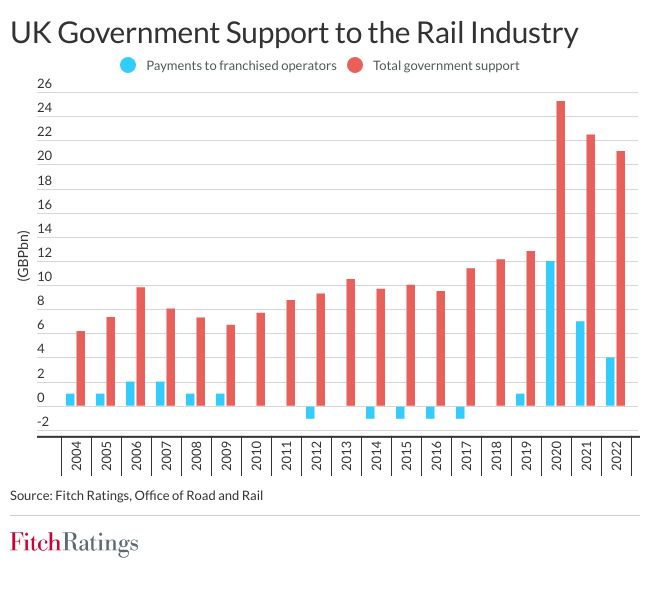
Fitch Ratings has indicated that the credit profiles of UK rolling stock leasing companies (ROSCOs) remain unaffected by the proposed changes outlined in a draft rail reform bill published on 20 February.
The bill aims to transfer rail franchising powers to a new integrated rail body, a precursor to the establishment of Great British Railways.

Access deeper industry intelligence
Experience unmatched clarity with a single platform that combines unique data, AI, and human expertise.
While the potential for increased government involvement could impact operating margins, Fitch believes that longer contracts, reduced counterparty credit risk exposure, and more predictable revenues would likely offset these concerns.
The draft bill does not signal immediate changes that could significantly affect ROSCO’s business models or core financial risks, Fitch said.

Despite the reassuring outlook, Fitch highlights several critical factors yet to be addressed, including potential changes in contract lengths, the public or private status of ROSCO counterparties, and the specifics of the tendering process.
The agency emphasises the need for ongoing monitoring as materially shorter contract lengths could increase re-lease risk, potentially affecting revenues and business model stability.

US Tariffs are shifting - will you react or anticipate?
Don’t let policy changes catch you off guard. Stay proactive with real-time data and expert analysis.
By GlobalDataThe proposed draft bill also includes measures such as adopting and implementing the Luxembourg Rail Protocol, facilitating cross-jurisdiction repossession of rolling stock in the event of counterparty insolvency.
Fitch, however, suggests that the impact on funding costs for ROSCOs will be materially lower than the projected £5.2 billion positive effect over 30 years, given the primarily domestic nature of their fleets.
ROSCOs, established in the 1990s as part of British Rail privatisation, continue to own most rolling stock on the UK rail network, predominantly through overseas parent companies.
Who owns the trains? ROSCOs and repatriated profits
While competition among ROSCOs has increased, the three largest players, including Eversholt Rail, dominate the market. Fitch does not anticipate significant impacts on ROSCO business models based on the outcome of the upcoming UK general election, as major political parties show no plans to end private-sector involvement in the rail sector.
The 32-page draft Bill, establishing the integrated rail body, is also unlikely to become law as, in draft form, it will not be put forward for legislation before the next general election in the UK later this year.







